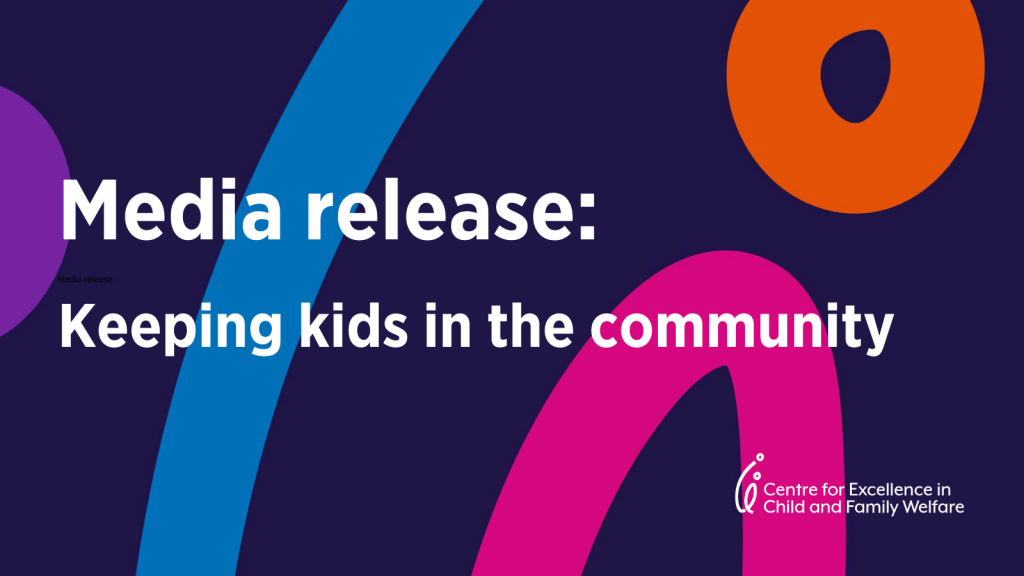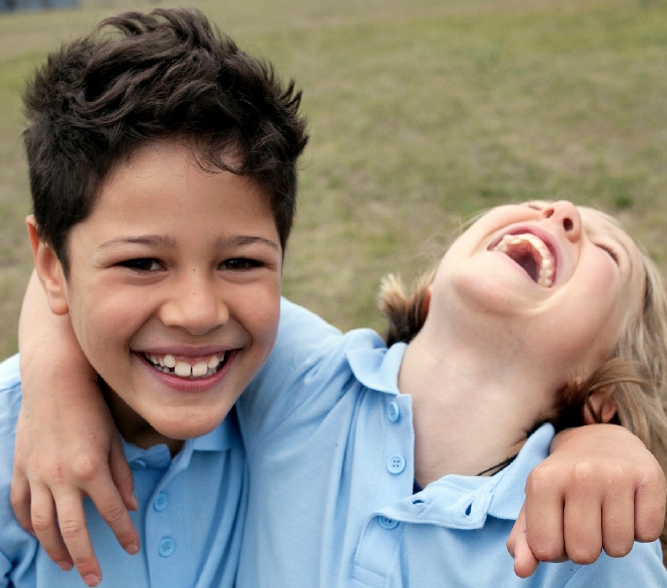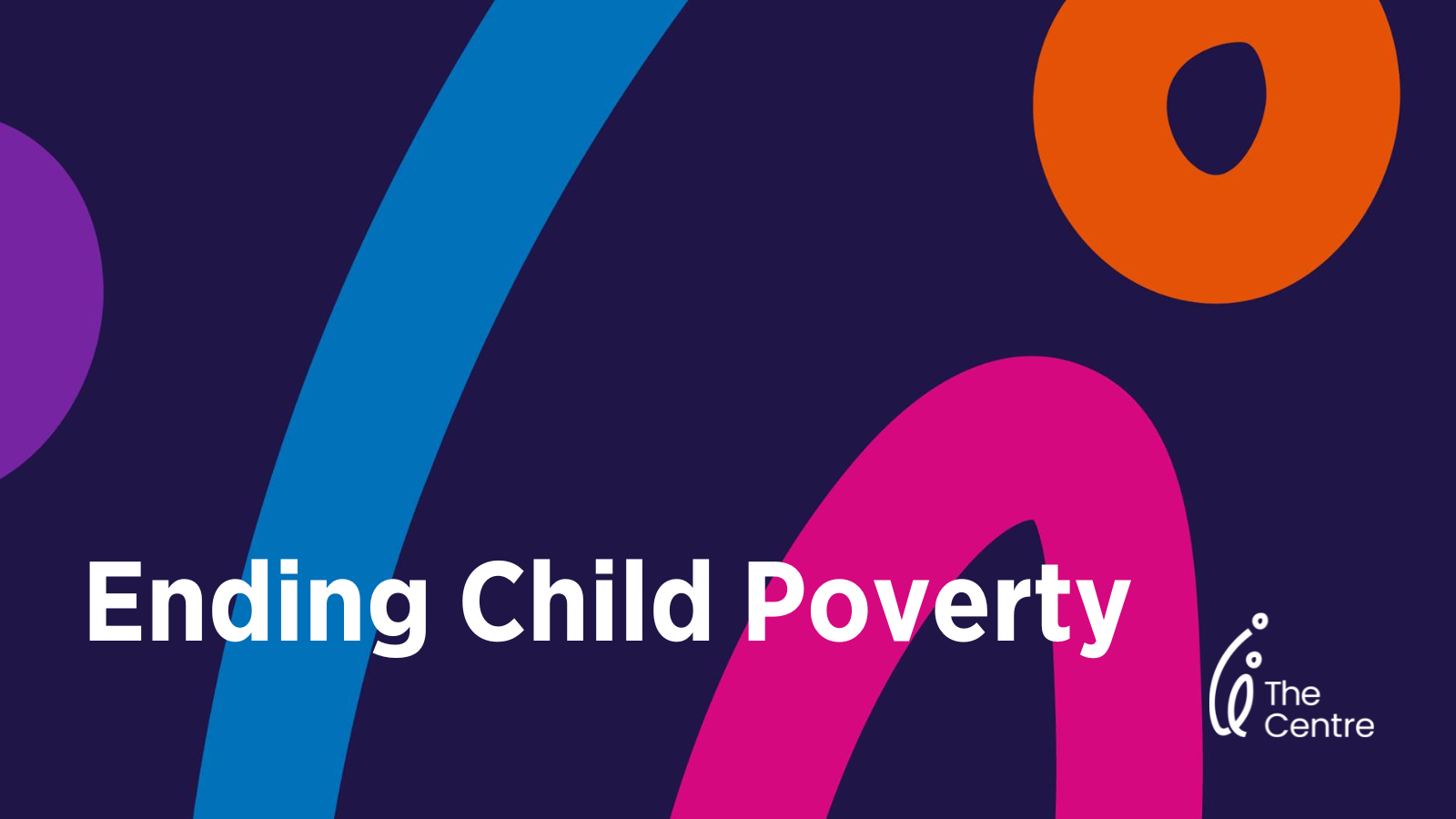- The Centre welcomes this inclusive Strategic Plan that considers the needs of children interacting with the Youth Justice system, specifically, girls, CALD and LGBT children.
- Children and their families will have a voice at key decision points.
- On an average day in 2018–19, there were 953 children aged 10 and over who were under youth justice supervision in Victoria.
The Centre for Excellence in Child and Family Welfare (the Centre), the peak body for children and families in Victoria, welcomes today’s release of the Andrews Government’s Youth Justice Strategic Plan 2020-2030, which articulates the Government’s plan to reform the youth justice system.
The Strategic Plan, released by the Minister for Youth Justice Ben Carroll, acknowledges that children, including those as young as ten-years old, must be treated differently to adults when interacting with the youth justice system and that prevention and diversion as well as early intervention are the most effective ways of reducing youth crime in the long term.
The Centre believes that children must be supported through community based early intervention that reduces the risks of criminalisation and keeps children out of prison. Deb Tsorbaris, the CEO for the Centre, said, “Children belong with family, not in prison. We need to work together to support Victorian families so that they can keep their children safe. We know that early intervention works. Providing support to parents to help them manage challenging behaviours, supporting them to access the mental health or other specialist services their children need and keeping children engaged in education are critical in terms of keeping children out of prison. Prison must be the last resort.”
The new legislative framework for Youth Justice in Victoria provides an opportunity to move away from ineffective and dated models of punishment which has led to a dramatic increase in children entering the Youth Justice system, working toward a future where families and children are supported early and effectively, and no child is put in prison.
The Centre supports the Strategic Plan’s commitment to the national review of the age of legal responsibility. This is a critical step towards enacting the advice of past Royal Commissions and the United Nations in raising the age of legal responsibility from 10 years to 14 years, in line with current research in child development and neuroscience.
The Strategic Plan highlights the need for cohort specific approaches to deliver culturally responsive programs for children that are currently over-represented in the Youth Justice system, including Aboriginal and Torres Strait Islander children, which promotes self-determination as a justice response. CALD children, which includes support for their families, and the review of custodial policies and procedures to reflect the needs of LGBT children are also included.
An emphasis on early intervention and individualised service delivery and a commitment to addressing the over representation of children who are known to child protection services is welcome. We know that many of these children present with complex challenges, including mental illness, neurodevelopmental disabilities, suicidal ideation and many have been victims of sexual exploitation.
The Centre looks forward to working with Minister Carroll and the Andrews Government on implementing the Strategic Plan so that the best outcomes can be achieved for children across the state.
ENDS






